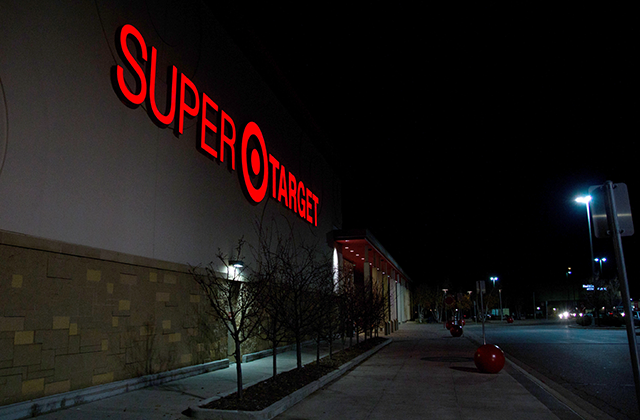There’s a saying that goes, “old poker players never die, they just shuffle away.” Today the same might be said for some retailers too.
Why? Well, in recent years many retailers have eschewed a differentiating brand strategy for gambling. OK, not gambling in the very strictest sense of the word, but certainly the part of, say, a poker game where players keep raising the stakes hoping their competitors will back down. If competitors don’t, of course, players have to raise the stakes again. For some retailers, again and again and again.
The best example was the bet retailers made on Thanksgiving. You have to go back a few years to see when those kinds of bets started being made, but if you want to understand today, you have to search yesterday even in marketing, and these days, especially in retail marketing. For the purposes of this example, we’re defining “yesterday” as approximately seven years ago, not so long a stretch in modern marketing time.
Back then most stores weren’t open on Thanksgiving. It was, after all, a holiday. A national holiday, in fact, and the signal that Black Friday – the kickoff of the holiday shopping season – was just a day away. It started with some marketer thinking, “Hey, how about we advertise some really great things at really great prices and open a little earlier the day after Thanksgiving, get a jump on Black Friday and, you know, get shoppers into our stores earlier – before they go and buy the same stuff at one our competitors.” And they did just that. They advertised they’d be open at 6AM (three hours earlier than they had in the past) and a gabillion people showed up for the $99 37-inch plasma TV, and thus the “Door-Buster” marketing concept was born.
But, retailers reasoned, if you could get people to stand in a freezing cold parking lot at 6AM, why not ‘raise the stakes,’ as it were, and open at 4AM? Well, the competition saw right through that bluff and said, “I’ll see your 4AM and raise you to 2AM.” Then bam! A raise to a 12:01 AM opening. After all, it was still technically Friday! Eventually it got to the point where some retailers were willing to raise the stakes enough to ignore the fact the it was Thanksgiving, and open on Thanksgiving Day. That too became a retailing-raise-the-ante game. First one opened at 11PM, then one opened at 10PM, then 9PM, then 6PM. Kmart finally won that pot last year by opening at 6AM – turkey dinner, stuffing, mashed potatoes and football games be damned! – and didn’t close for another 41 hours.
So did retailers win by raising the opening hour stakes? Not really. It was pretty much a bust. Last year sales were down 11% or 15% or 17% depending upon who was counting the chips, but what is clear is that sales weren’t up. Yes, yes, the Internet has a lot more to answer for than 24/7, readily available pornography and online poker. But in the absence of a real retail brand strategy where the brand acts as a surrogate for added value, tactics like early openings and low-lower-lowest pricing have become just, well, table-stakes.
Why the history lesson? It was announced that Target, who reported a drop in same-store sales and, via John Mulligan, their CFO, indicated it would be “very difficult” to increase store traffic in 2014, even if same-store sales rose by 1%, are – wait for it – going to be keeping their doors open later than the competition, because early openings worked so well for them! Oh, and we can only suppose, just to make sure that consumers who haven’t yet discovered the Internet, or insomniacs, or folks who aren’t daywalkers, can shop really late at night.
Typically Target stores are open 8AM till 10PM (9PM on Sundays), but the new hours will keep the stores open until 11PM or midnight (11PM on Sundays). The extended hours will vary by store, will start this month, and will be in effect through the holidays. Or, if retail marketing history repeats itself, until another retailer changes their hours to 7AM till 1 the next morning, and midnight on Sundays.
Is this an insane gamble? It’s been said that the definition of “insanity” is doing the same thing over and over, expecting a different result. They also say that most of the money you’ll win at poker comes not from the brilliance of your own play, but the ineptitude of your competitor’s off target strategy.
Anyone care to make a bet on the outcome of this particular game?
Find out more about what makes customer loyalty happen and how Brand Keys metrics is able to predict future consumer behavior: brandkeys.com. Visit our YouTube channel to learn more about Brand Keys methodology, applications and case studies.
Share this:
